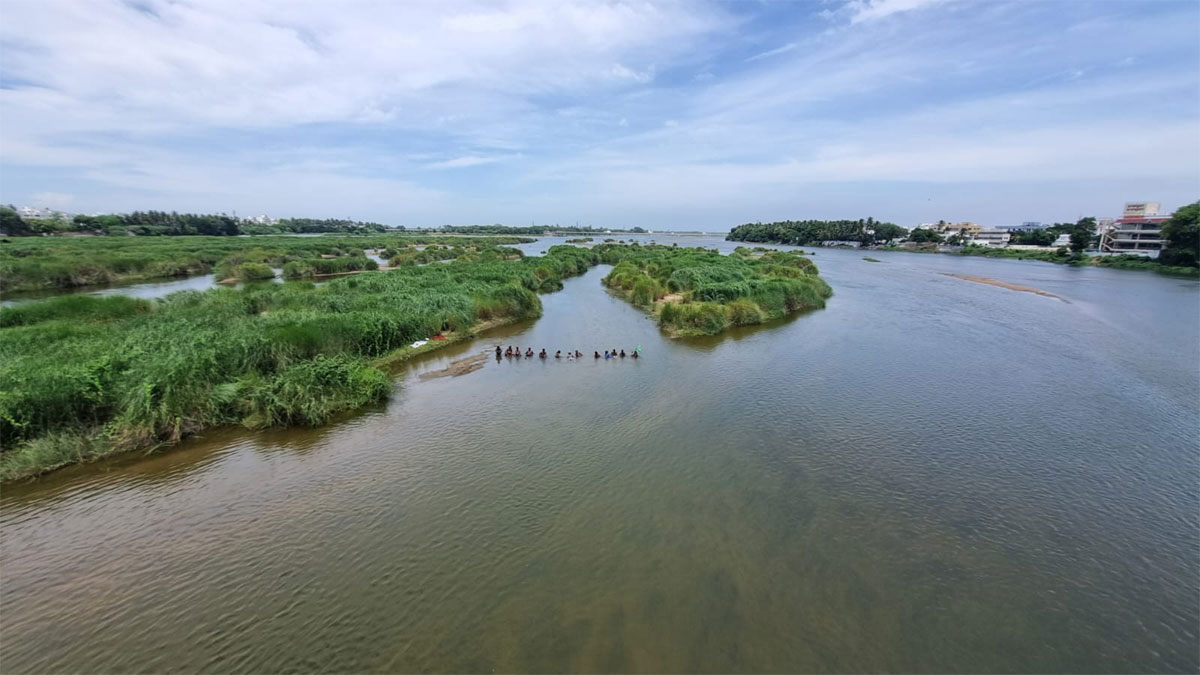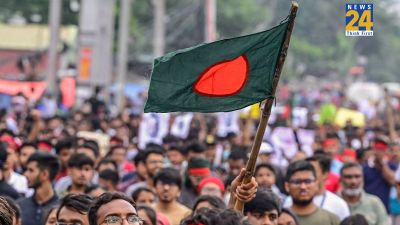Mandya: Following days of shutdown and bandh in the state of Karnataka, the Cauvery water dispute is continuing to escalate despite appeals from authorities. However, the tussle between the state governments on the issue have also supported the people in demonstrating for the demands to assure ample water is being supplied from the Cauvery river.
Deputy Commissioner of Mandya, Dr Kumar informed regarding the latest development in the the Cauvery water dispute. He said, “In view of the bandh called by pro-Kannada organisations, farmer unions and several other organisations tomorrow regarding Cauvery water issue, Section 144 has been imposed in Mandya district and schools and colleges will remain closed tomorrow.”
Bengaluru was shut earlier
Meanwhile, in response to the Karnataka Bandh, all schools and colleges in Bengaluru remained closed, as announced by Deputy Commissioner of Police, B Dayananda, on Thursday. This decision came following the Associated Managements of Schools in Karnataka (KAMS) issuing a statement expressing support for the bandh.
KAMS stated that the closure of schools would be determined by the respective district deputy commissioners, based on the prevailing situation. Additionally, school management has been granted discretion to declare a holiday in the interest of student safety.
What is the Cauvery water dispute?
The Cauvery water dispute is a long-standing and contentious issue between the Indian states of Karnataka and Tamil Nadu, primarily revolving around the sharing of the Cauvery River’s water. The river originates in Karnataka and flows through both Karnataka and Tamil Nadu before emptying into the Bay of Bengal. Here is an overview of the dispute:
Origins and history
The dispute can be traced back to the British era when agreements were signed to allocate water from the Cauvery River among the princely states. Post-independence, several agreements and tribunal awards have attempted to resolve the issue, but conflicts have persisted.
Water allocation
The primary point of contention is the allocation of the Cauvery River’s water between Karnataka and Tamil Nadu. Both states claim historical usage rights and have argued over their respective shares.
Droughts and monsoons
The dispute is exacerbated during years of deficient rainfall, as both states heavily depend on the Cauvery’s waters for agriculture, drinking water, and industrial purposes.
Legal battles
The Cauvery Water Disputes Tribunal, set up in 1990, delivered its final award in 2007, prescribing the water-sharing formula. However, implementation has been challenging, leading to protests, court battles, and tensions between the two states.
Interstate tensions
The dispute has resulted in periodic violence, protests, and economic losses for both Karnataka and Tamil Nadu. The conflict has also led to political and social tensions in the region.













